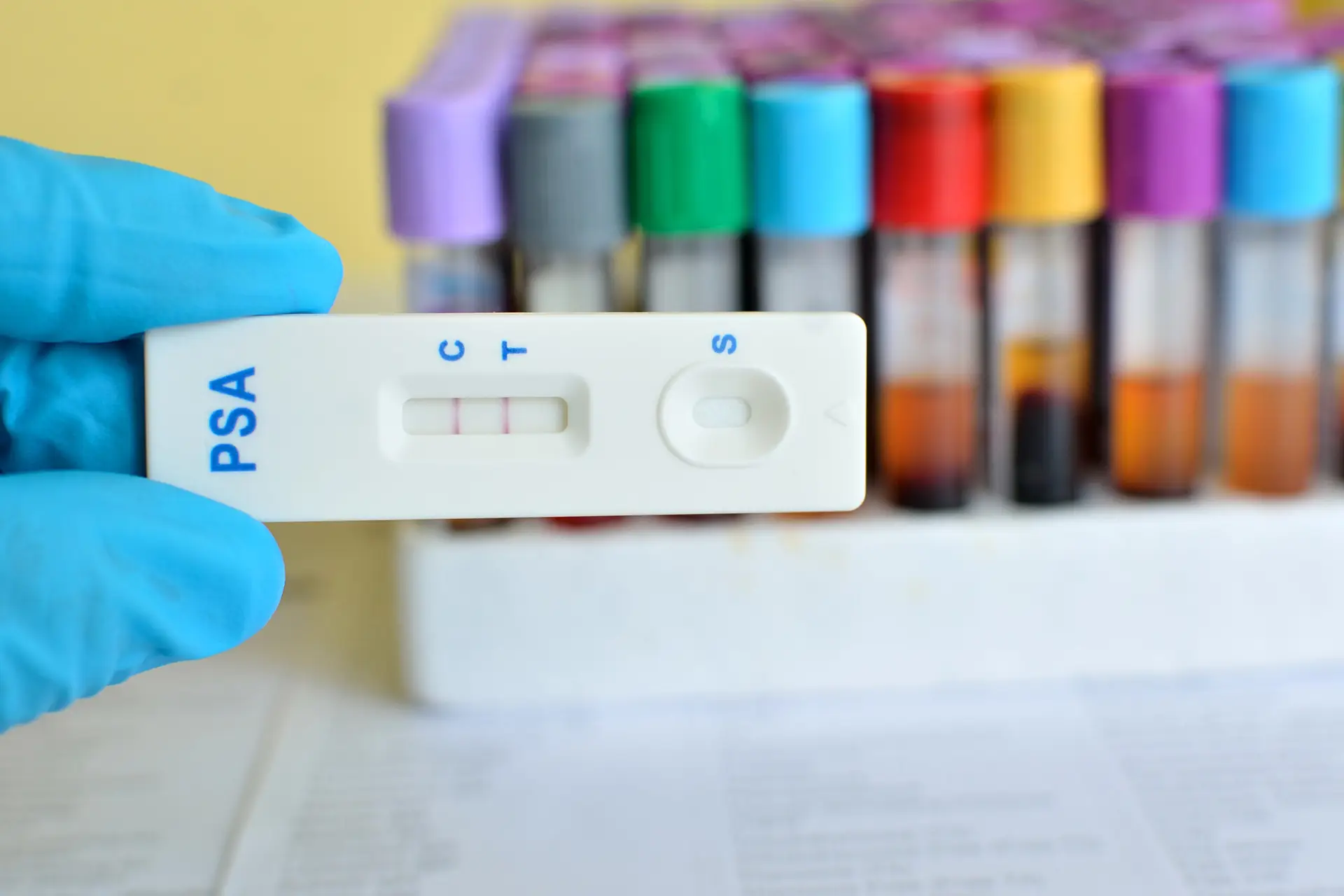

AN UNEXPECTED VERDICT IN AN 11-YEAR FAILURE TO DIAGNOSE CASE
A recent case involving a seemingly straight forward failure to diagnose actually resulted in a verdict in favor of the defense.
A regular checkup of an elderly man included a prostrate cancer screening test which revealed that his prostrate-specific antigen (PSA) levels were at an unhealthy level of 4.5, indicating the potential for cancer. The physician failed to refer the patient to a urologist, despite the fact that his medical care facility required such a referral for such high PSA results. During subsequent years, the patient visited the physician for routine visits, minor illnesses and elective surgeries. During two of those visits (5 and 7 years after the initial visit), the patient consented to prostrate screening in the form of a digital rectal exam and PSA testing. On both occasions, the digital rectal exam was conducted and charted as normal, but the medical records do not reflect the performance of any PSA testing. At no point was the patient informed of an abnormal PSA result, and no follow-up was ordered.
11 years after the initial visit, the patient was seen by a urologist who, upon recognizing the initial high PSA test result and the lack of follow-up, ordered a follow-up PSA test. The results showed that the patient’s PSA had risen significantly to 130. Then, X-rays and a biopsy revealed that the patient had metastatic prostrate cancer. The patient began cancer treatment, which included chemical treatment and castration.
The patient filed a lawsuit naming the medical facility and the original physician as defendants. His suit alleged medical malpractice as a result of the physician’s negligence in not following up on the original abnormal PSA reading, which resulted in a delayed prostrate cancer diagnosis and a resultant reduction in the patient’s life expectancy. The defense successfully argued that the breach in the standard of care did not cause injury to the patient, as at the time of the original PSA testing, his cancer was not treatable for cure, and the patient responded well to treatment when it was eventually conducted.
https://www.cambridgemedicalexperts.com/contactUs.html

